Equinor is transforming Brazil's energy landscape with renewables.
January 10, 2025
Written by Turian Biel
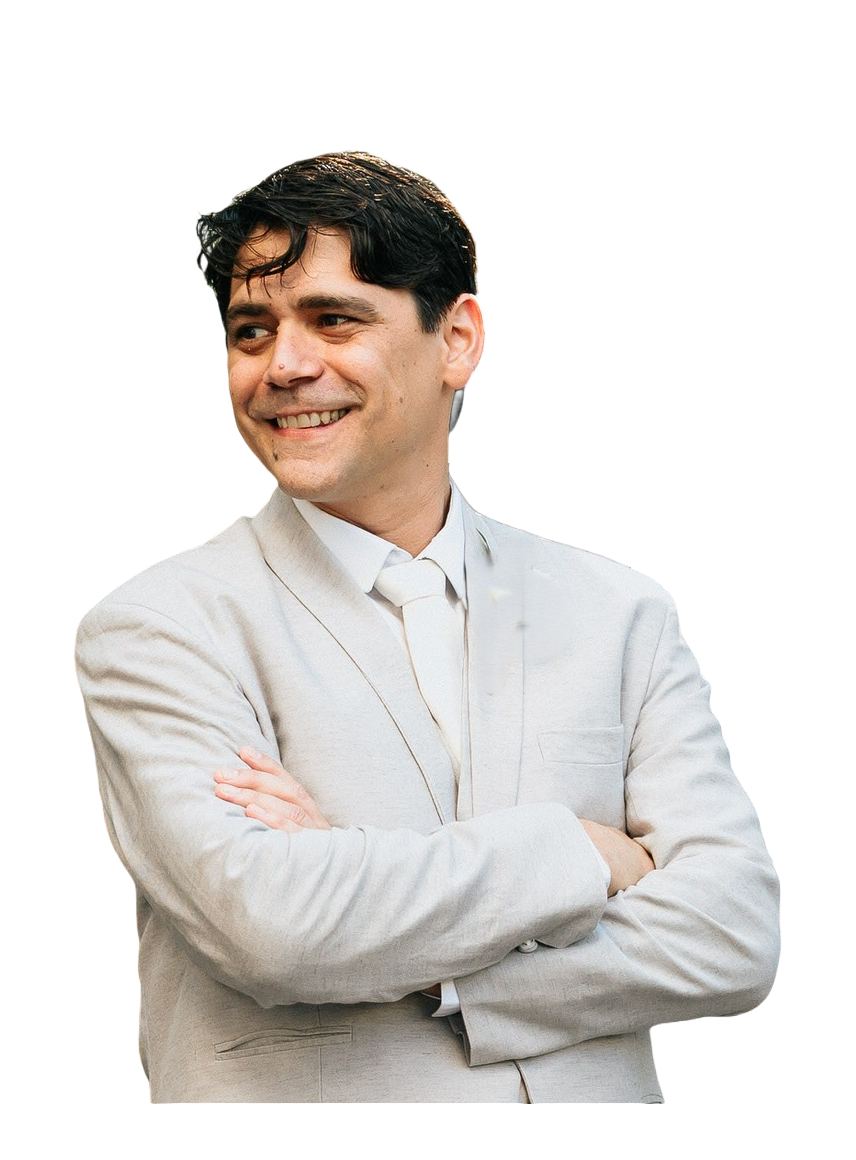
Table of Contents
- The Role of Equinor in Brazil's Energy Landscape
- Equinor's Commitment to Renewable Energy
- Challenges in the Oil and Gas Sector
- Equinor's Projects in Brazil
- Investment in Low-Carbon Technologies
- Collaboration with Local Companies
- Equinor's Role in Offshore Wind Energy
- Addressing Regulatory Challenges
- Future Prospects for Equinor in Brazil
- Equinor's Impact on Local Employment
- Equinor's Commitment to Safety and Sustainability
- Equinor's Strategic Partnerships and Collaborations
- Engagement with Local Communities
- Investment in Research and Development
- Focus on Carbon Capture Technologies
- Equinor's Role in Brazil's Energy Transition
- Challenges in the Renewable Energy Sector
- Equinor's Commitment to Diversity and Inclusion
- Investment in Offshore Wind Projects
- Equinor's Approach to Environmental Stewardship
- Future Investments in Brazilian Energy Infrastructure
- Equinor's Role in Promoting Energy Security
- Equinor's Innovations in Energy Technology
- Conclusion
The Role of Equinor in Brazil's Energy Landscape
Equinor's Commitment to Renewable Energy
Equinor is actively investing in renewable energy projects in Brazil, aiming to implement between 12 and 16 GW of renewable energy in the next five years. This commitment highlights Brazil's significant role in Equinor's long-term strategy, as the company plans to invest US$ 23 billion in renewables during this period.
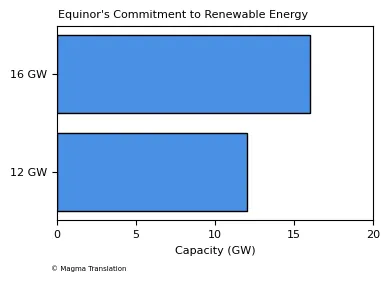
Challenges in the Oil and Gas Sector
The oil and gas sector in Brazil faces numerous challenges, including the need for substantial investments. According to the OPEP's World Oil Outlook 2024, the sector will require investments of US$ 17.4 trillion by 2050 to meet the growing demand for energy. This presents a significant challenge for companies like Equinor as they navigate the evolving energy landscape.
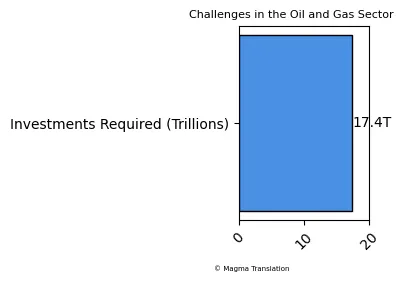
Equinor's Projects in Brazil
Equinor is involved in several key projects in Brazil, including the Raia project, which is expected to have a capacity of approximately 16 million cubic meters per day. This project is crucial for meeting Brazil's energy demands and demonstrates Equinor's commitment to innovation and efficiency in reducing carbon emissions.
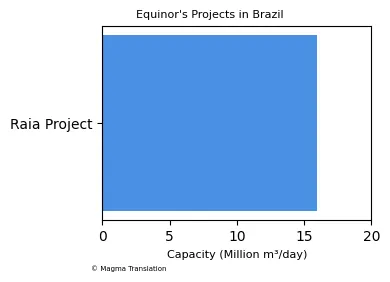
Investment in Low-Carbon Technologies
Equinor is focusing on low-carbon technologies as part of its strategy to transition towards a more sustainable energy future. The company plans to direct about 20% of its investments towards low-carbon projects in 2023, increasing to 30% by 2025 and 50% by 2030. This commitment is essential for achieving sustainability goals in Brazil.
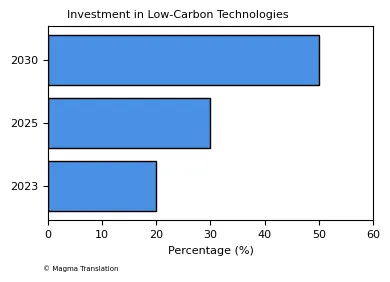
Collaboration with Local Companies
Equinor is collaborating with local companies and startups to enhance its operations in Brazil. This partnership aims to foster innovation and develop solutions that can address operational challenges in the oil and gas sector. By working together, Equinor and local entities can create a more resilient and competitive energy market in Brazil.
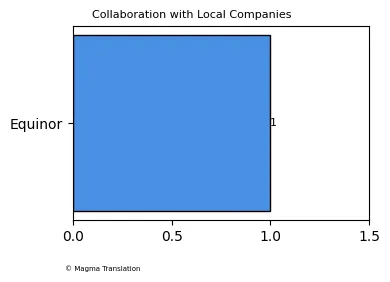
Equinor's Role in Offshore Wind Energy
Equinor is also focusing on offshore wind energy as a key component of its strategy in Brazil. The company is evaluating the feasibility of several offshore wind projects, which could generate up to 14.5 GW of renewable energy. This initiative aligns with global trends towards sustainable energy production.
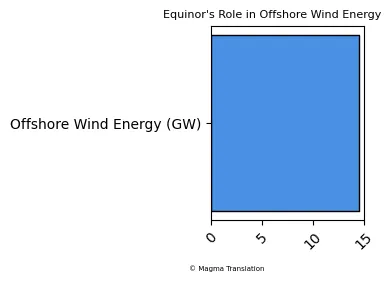
Addressing Regulatory Challenges
As Equinor expands its operations in Brazil, it must navigate complex regulatory frameworks. The company is advocating for policies that support sustainable practices and attract investments in renewable energy projects. Addressing these regulatory challenges is crucial for Equinor's success in the Brazilian market.
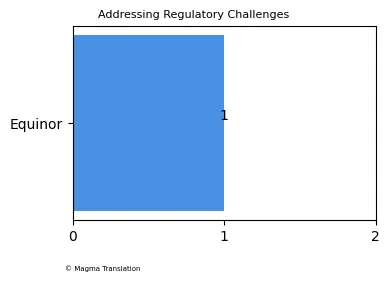
Future Prospects for Equinor in Brazil
Looking ahead, Equinor's future in Brazil appears promising, with significant investments planned in renewable energy and low-carbon technologies. The company's commitment to sustainability and innovation will be vital in overcoming the challenges faced by the oil and gas sector and in contributing to Brazil's energy transition.
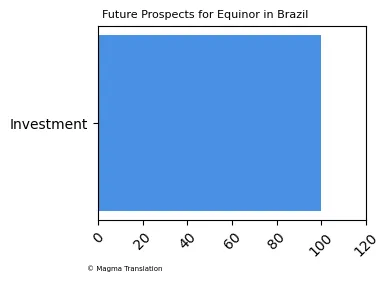
Equinor's Impact on Local Employment
Equinor's projects in Brazil are expected to create thousands of jobs, contributing to local economic development. For instance, the Raia project alone is anticipated to generate up to 50,000 direct and indirect jobs. This positive impact on employment underscores Equinor's role as a key player in Brazil's energy sector.
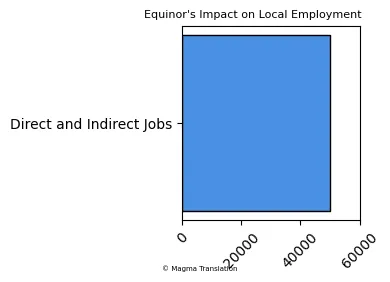
Equinor's Commitment to Safety and Sustainability
Equinor prioritizes safety and sustainability in all its operations. The company is dedicated to minimizing its environmental footprint while ensuring the safety of its employees and the communities in which it operates. This commitment is essential for building trust and maintaining a positive reputation in the Brazilian market.
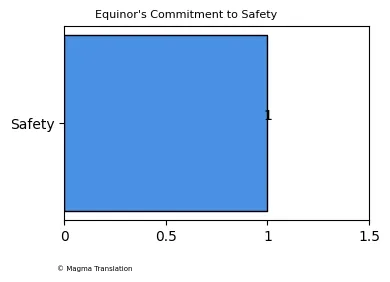
Equinor's Strategic Partnerships and Collaborations
Engagement with Local Communities
Equinor is committed to engaging with local communities in Brazil to ensure that its projects align with community needs and expectations. By fostering open communication and collaboration, Equinor aims to build strong relationships that support sustainable development. This approach is essential for gaining community support and ensuring the long-term success of its operations in the region.
Investment in Research and Development
Equinor has invested significantly in research and development (R&D) projects in Brazil, focusing on innovative technologies that enhance efficiency and sustainability. The company has allocated around R$ 520 million for R&D initiatives, which include areas such as renewable energy and low-carbon solutions. This investment is crucial for driving technological advancements in the energy sector.
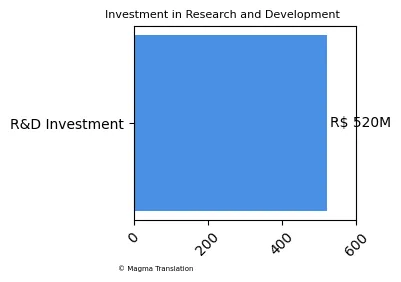
Focus on Carbon Capture Technologies
As part of its sustainability strategy, Equinor is exploring carbon capture technologies to reduce emissions from its operations. The company recognizes the importance of these technologies in achieving its climate goals and is actively investing in research to develop effective solutions. This commitment aligns with global efforts to combat climate change and transition to a low-carbon economy.
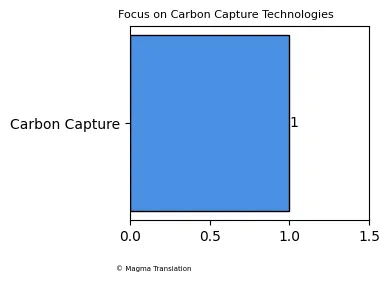
Equinor's Role in Brazil's Energy Transition
Equinor plays a vital role in Brazil's energy transition by promoting the adoption of renewable energy sources. The company's initiatives in offshore wind and solar energy are designed to support Brazil's goals for a sustainable energy future. By investing in these projects, Equinor is helping to diversify the country's energy mix and reduce reliance on fossil fuels.
Challenges in the Renewable Energy Sector
Despite its commitment to renewable energy, Equinor faces challenges in the sector, including regulatory hurdles and competition from other energy sources. The company is working to navigate these challenges by advocating for supportive policies and engaging with stakeholders to promote the benefits of renewable energy. Addressing these issues is essential for ensuring the success of its projects in Brazil.
Equinor's Commitment to Diversity and Inclusion
Equinor values diversity and inclusion within its workforce, believing that diverse teams drive innovation and success. The company is actively working to create an inclusive workplace that reflects the communities it serves. This commitment is essential for fostering a culture of collaboration and creativity, which is vital for addressing the challenges of the energy sector.
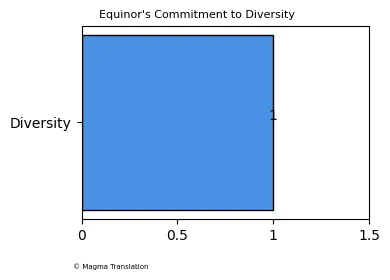
Investment in Offshore Wind Projects
Equinor is focusing on offshore wind projects as a key component of its renewable energy strategy in Brazil. The company is evaluating the feasibility of several offshore wind initiatives, which could generate significant amounts of clean energy. This investment aligns with global trends towards sustainable energy production and demonstrates Equinor's commitment to reducing carbon emissions.
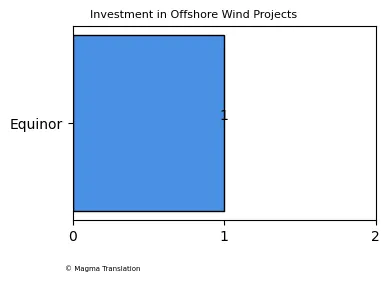
Equinor's Approach to Environmental Stewardship
Equinor is dedicated to environmental stewardship and minimizing its impact on the ecosystems in which it operates. The company implements rigorous environmental management practices to ensure compliance with regulations and protect biodiversity. This commitment is essential for maintaining a positive reputation and ensuring the sustainability of its operations in Brazil.
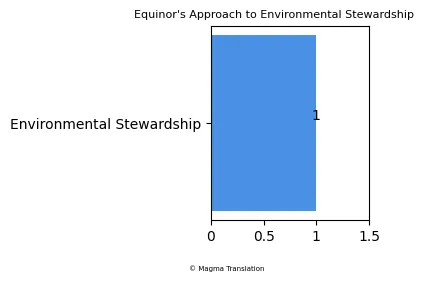
Future Investments in Brazilian Energy Infrastructure
Equinor plans to make substantial investments in Brazil's energy infrastructure, focusing on enhancing the efficiency and reliability of energy production. These investments are expected to support the country's energy transition and contribute to economic growth. By investing in infrastructure, Equinor aims to strengthen its position as a leading energy provider in Brazil.
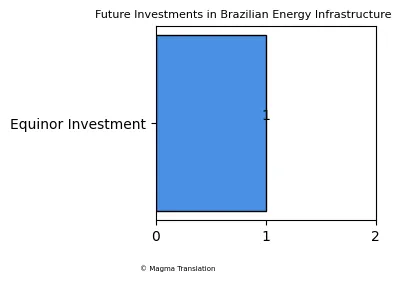
Equinor's Role in Promoting Energy Security
Equinor is committed to promoting energy security in Brazil by diversifying the energy supply and investing in renewable sources. The company's initiatives are designed to enhance the resilience of the energy system and reduce dependence on fossil fuels. This focus on energy security is crucial for ensuring a stable and sustainable energy future for Brazil.
Equinor's Innovations in Energy Technology
Development of Advanced Energy Solutions
Equinor is at the forefront of developing advanced energy solutions that aim to enhance efficiency and sustainability in the energy sector. The company is investing in innovative technologies that can optimize energy production and reduce environmental impact. By focusing on research and development, Equinor is positioning itself as a leader in the transition to a low-carbon economy, which is essential for meeting global energy demands.
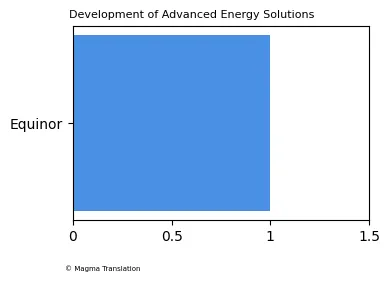
Collaboration with Research Institutions
Equinor collaborates with various research institutions to drive innovation in energy technologies. These partnerships are crucial for developing cutting-edge solutions that address the challenges of the energy sector. By leveraging the expertise of academic institutions, Equinor aims to accelerate the development of technologies that can improve energy efficiency and reduce emissions, contributing to a more sustainable energy future.
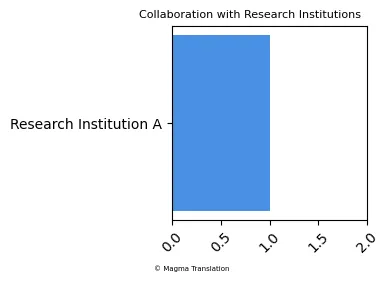
Equinor's Commitment to Transparency and Reporting
Equinor is committed to transparency in its operations and regularly reports on its sustainability initiatives and performance. The company believes that open communication with stakeholders is essential for building trust and accountability. By providing detailed information on its environmental impact and sustainability efforts, Equinor aims to demonstrate its commitment to responsible energy production and contribute to the broader dialogue on energy transition.
Conclusion
Equinor's role in Brazil's energy landscape is pivotal as the company navigates the challenges and opportunities presented by the transition to renewable energy. Through significant investments, innovative projects, and a commitment to sustainability, Equinor is not only contributing to Brazil's energy security but also setting a benchmark for responsible energy production. As the company continues to engage with local communities and invest in advanced technologies, it is well-positioned to lead the way towards a more sustainable and resilient energy future.
